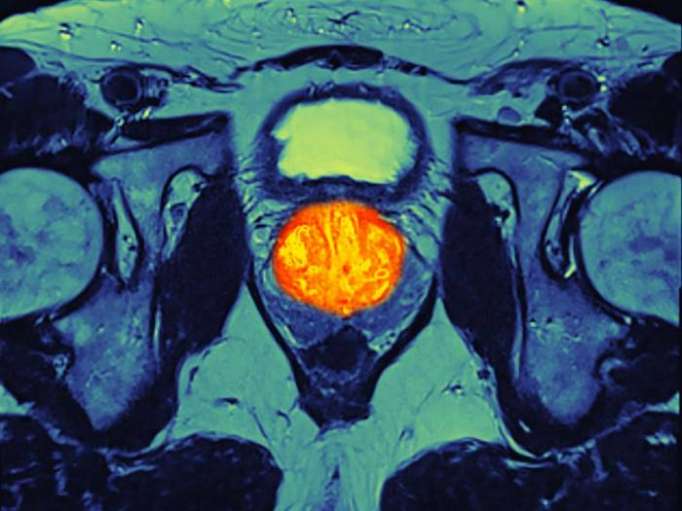In the largest UK study to date, which looked at data from nearly a million cancer patients in England and Wales, researchers found suicide rates across all cancer types were three times higher than in the wider public.
But patients with urological cancers were particularly likely to die by suicide, with rates up to five times higher, the team from hospitals in Birmingham and London found.
Urological cancers affect areas like the bladder, where treatment can lead to incontinence issues, and prostate cancers in men, which can also affect fertility, libido and lead to changes in personality.
“There are particular issues which are specific to this group,” said the study’s lead author, Dr Mehran Afshar of St George’s Hospital in London.
“For example, men with prostate cancer [which had the highest suicide rate] undergo treatment which can affect their bladder function, their bowel function, erectile function and libido, can result in symptoms similar to the female menopause, and entirely alter the personality, leading to relationship problems, anxiety, depression and post-traumatic stress disorder.”
Rates of serious depression in people undergoing cancer treatment are thought to be as high as 25 per cent, and some patients suffer PTSD after treatment.
Previous research by Cancer Research UK found that the vast majority of cancer patients go untreated.
In the general population the suicide rate is around 10 deaths per 100,000 people, but the team found the rate for all cancer patients was 30 attempts per 100,000. Among those with just urological cancers, the rate was as high as 52 suicides per 100,000 people.
The authors said it was also the first study to look at “suicidal intention” in patients, which they define as the average number of attempts per suicide death.
Dr Afshar added: “We know that people who attempt suicide are at higher risk of subsequently completing a suicide, and we have shown this ‘intent’ to be far higher in our cancer population, thus confirming a real need to address psychological issues early on in the management of these patients”.
In the general population there were on average 25 suicide attempts to each death, but the study found in kidney cancer this dropped to 10 attempts to each death, while for bladder and prostate cancer there were just seven attempts on average.
Heather Blake, director of support at Prostate Cancer UK said: “It is vitally important that every man diagnosed with prostate cancer receives the appropriate psychological support needed to help him through his journey with the disease – from diagnosis, through treatment and beyond.
“Many men endure life changing side effects as a result of prostate cancer treatment, which can strike at the heart of what it means to be a man, and many struggle to come to terms with the aftermath.”
She added that the NHS needed to do more to proactively signpost men to support services, as they are less likely to seek it out themselves.
The findings are being presented at the European Association of Urology Congress in Copenhagen this week.
“This important work shows just how distressing cancer can be,” said Professor Hein van Poppel, a urological cancer specialist and the EAU’s adjunct secretary. “But it looks like urological cancers can affect patients’ sense of self in a way that many cancers don’t.”
The Independent
















































